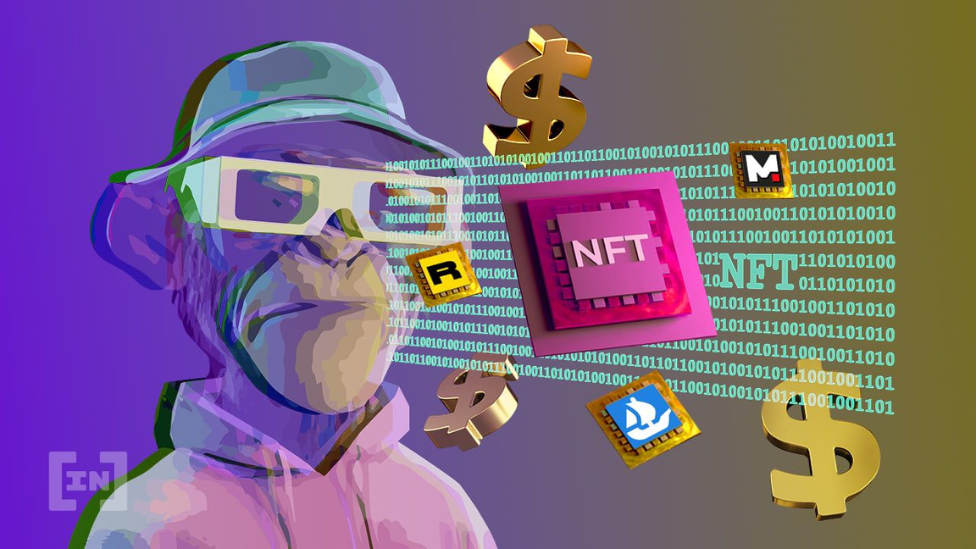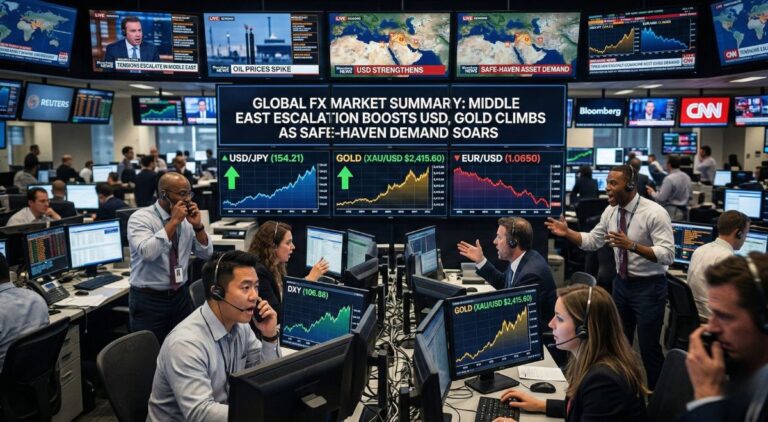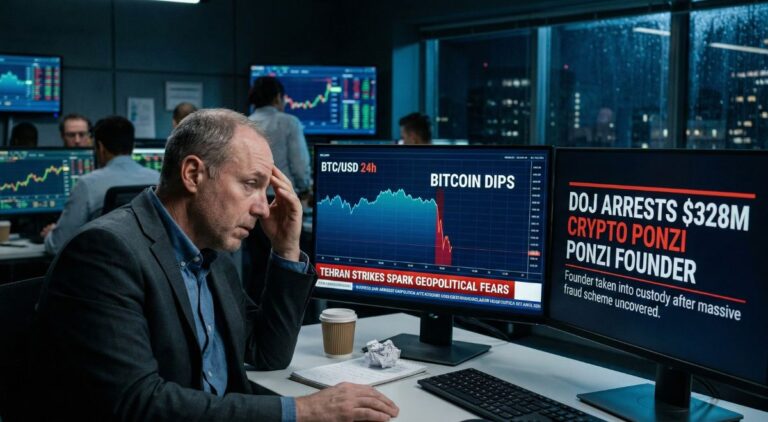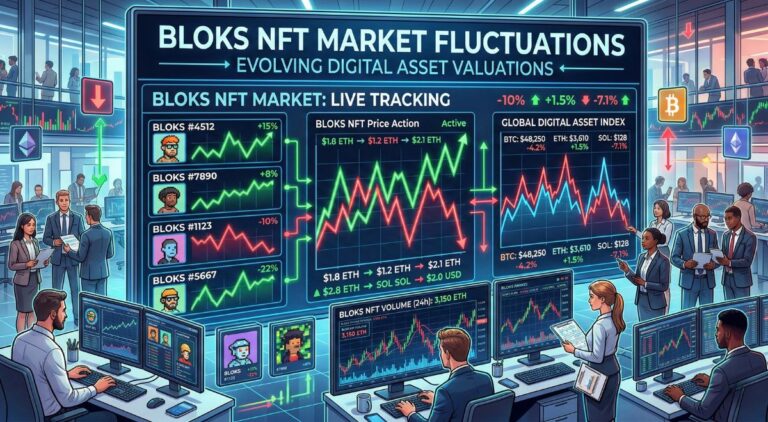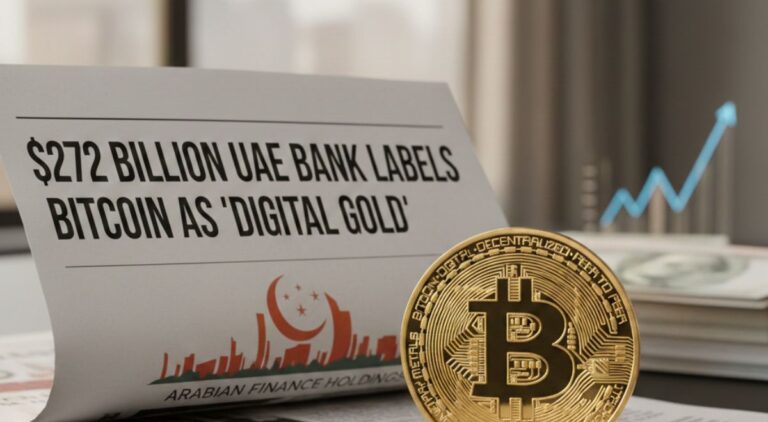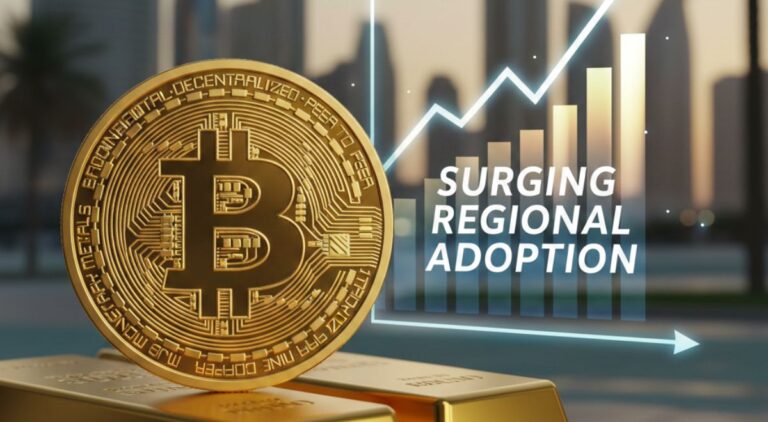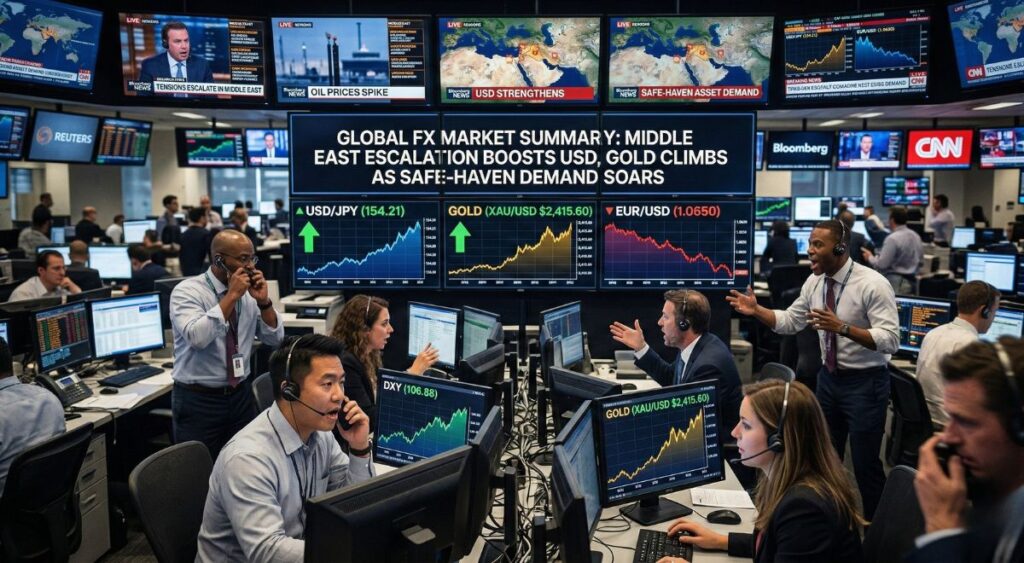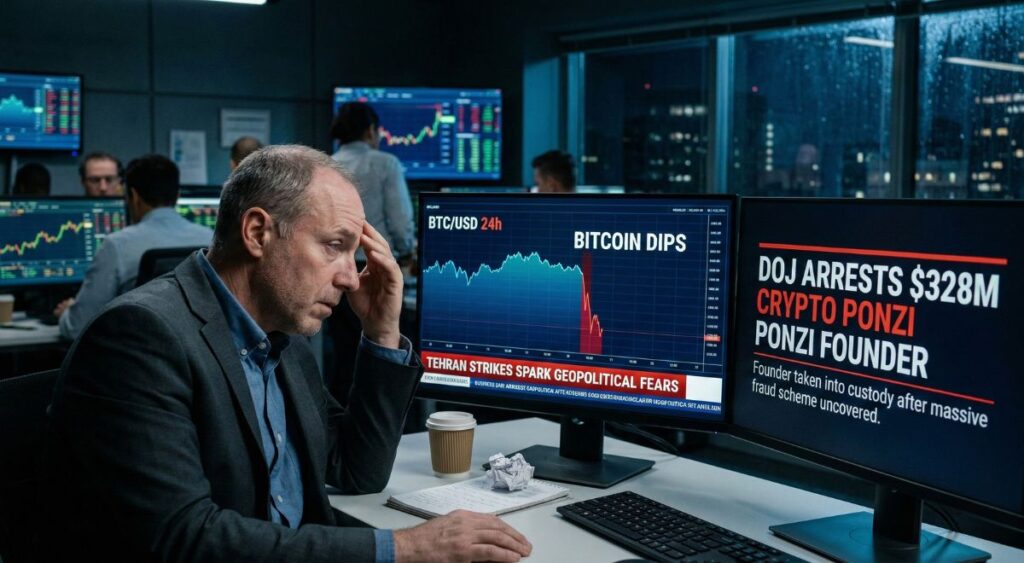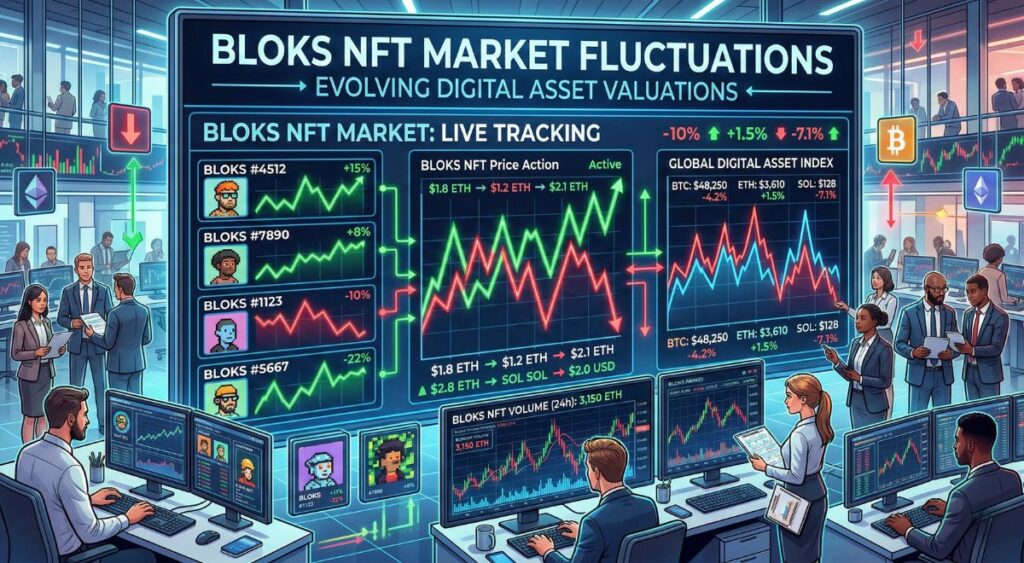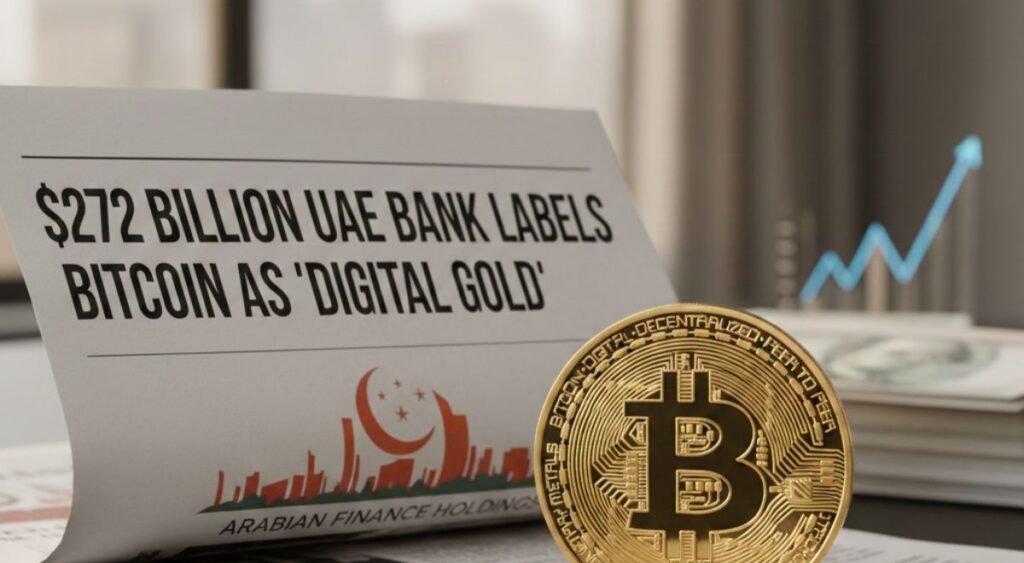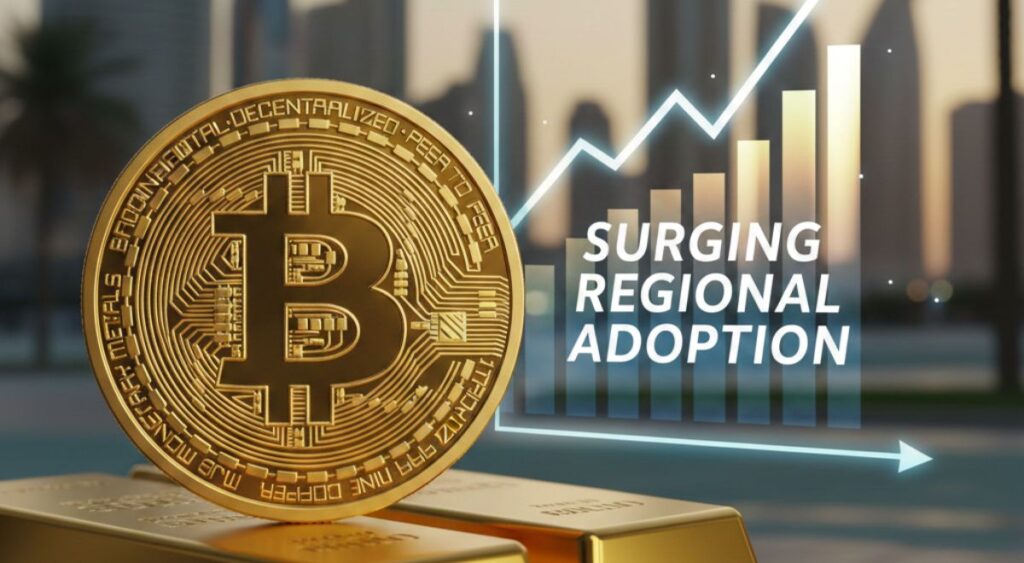Non-fungible Tokens (NFTs) are no longer strange to people worldwide. Many countries rapidly adopt them while others fully integrate them into their communities. Of course, the Middle East is no stranger to NFTs, with countries like the United Arab Emirates and Saudi Arabia ranking high on the list of countries that have rapidly adopted NFTs. With the rapid adoption of NFTs also comes increased trading. NFT trading has been rumored to be a pretty lucrative business. If you are interested in NFT trading or looking to scale up your NFT trading business, then you are in luck. This article outlines some essential tips when trading in Non-fungible Tokens in the Middle East.
5 Tips to Becoming a Lucrative NFT Trader in the Middle East
Engaging in Best Marketing Practices
NFTs have witnessed unprecedented popularity. This means that for every NFT, there are very likely hundreds more. To attract your intended audience, you must pay attention to the role of strategic marketing practices. This tip remains true for many countries in the Middle East, whose advanced technological climate means more market competition in the NFT space. To begin a marketing strategy, attempt to understand the goal of your project, market volume, NFT platforms, and transaction fees. Afterward, you can advertise on social media sites, build and interact with an NFT community, and look into other platforms where you can promote your NFTs.
Cultural Dynamics Knowledge
Every country in the Middle East has a specific culture that must be kept from being contravened. As such, words that may not be considered offensive in the United States or other European countries may be seen as such in the Middle East. While countries in the region are eager to embrace innovations and technology relating to NFTs, they will not hesitate to frown at NFTs that go against religious rules or depict slurs and are offensive in their implication.
Prioritize Security
NFTs have several types of wallets storing tokens. It is vital to go for a wallet suitable for the trade and target audience you have in mind. These wallets must also have versatile security features to protect against ransom by malicious attackers. Another thing you must actively do is to ensure that you have backup wallets or some concrete means for recovering in the event of loss. When you use a good and well-known wallet service provider, you can avoid many security issues and have security updates available.
Regulatory Adherence
The growth and spread of NFTs in the Middle East have also resulted in the regulations of tokens. Many countries require that for anyone to trade or monetize NFTs, they have to get permission from the government. For instance, the Saudi Arabian government requires NFT traders to obtain licenses from the Ministry of Communications and Information Technology and the Ministry of Investment in Saudi Arabia. Do your due diligence and investigate the regulatory restrictions or whatnot on NFT trade in whatever jurisdiction you choose in the Middle East.
Utilize Local Platforms
Lastly, to thrive as an NFT trader in the Middle East, using NFT token hosting platforms available locally is advisable. This media type may include internationally founded platforms with a solid presence in the Middle East. They draw in more audience engagement and are suitable for local payments. Moreover, they know what regulatory potholes to present and also great consumer support.
Conclusion
The Middle is an excellent place for NFT trading. It has the population, the technology, and a government highly dedicated to advancing new technologies within its borders. With these tips at heart, you can begin lucrative trading in the Middle East with NFT tokens.

